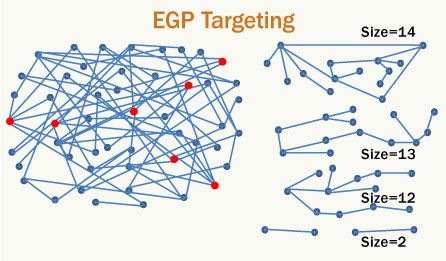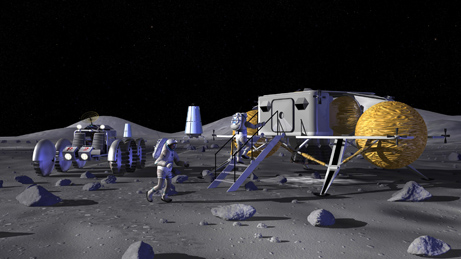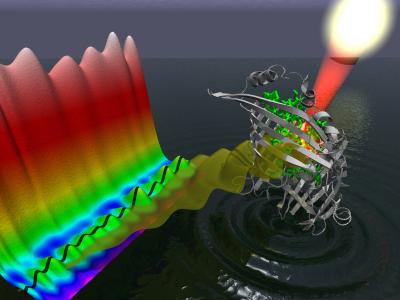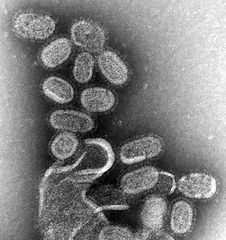Jul 30, 2008
30 days to make antibodies to limit Pandemics
Posted by Brian Wang in categories: biological, biotech/medical, defense, existential risks, lifeboat
For both ethical and practical reasons, monoclonals are usually made in mice. And that’s a problem, because the human immune system recognizes the mouse proteins as foreign and sometimes attacks them instead. The result can be an allergic reaction, and sometimes even death.
To get around that problem, researchers now “humanize” the antibodies, replacing some or all of mouse-derived pieces with human ones.
Wilson and Ahmed were interested in the immune response to vaccination. Conventional wisdom held that the B-cell response would be dominated by “memory” B cells. But as the study authors monitored individuals vaccinated against influenza, they found that a different population of B cells peaked about one week after vaccination, and then disappeared, before the memory cells kicked in. This population of cells, called antibody-secreting plasma cells (ASCs), is highly enriched for cells that target the vaccine, with vaccine-specific cells accounting for nearly 70 percent of all ASCs.
Continue reading “30 days to make antibodies to limit Pandemics” »




 What would make this new vaccine different from the ones already available is that it would target M2e, a conserved region of influenza “A” strains. Since that part doesn’t constantly mutate and about 2/3 of seasonal epidemics and all pandemics are due to type “A” strains, it could be a very efficient weapon against repeats of the “Spanish Flu” (1918−1919) that killed at least 50 million people worldwide. Only the future will tell if phase II and III trials are successful.
What would make this new vaccine different from the ones already available is that it would target M2e, a conserved region of influenza “A” strains. Since that part doesn’t constantly mutate and about 2/3 of seasonal epidemics and all pandemics are due to type “A” strains, it could be a very efficient weapon against repeats of the “Spanish Flu” (1918−1919) that killed at least 50 million people worldwide. Only the future will tell if phase II and III trials are successful. 







